Joalda Morancy (A.B. ’22) Talks Recently Published Science-Fiction Children’s Book
In an interview with The Maroon, Morancy discusses how UChicago contributed to their writing career and their unexpected path towards book publication.
Joalda Morancy (A.B. ’22) published Aliens, their first book, on October 18. Aliens is on display in Rosenwald.
April 11, 2023
UChicago graduate Joalda Morancy (A.B. ’22) published Aliens, their first book, on October 18. Aliens is a children’s book that discusses the search for extraterrestrial life and ways in which humans have conceptualized aliens throughout history. I sat down with Morancy to learn about their book, as well as their experiences at UChicago.
According to Morancy, the book project began during the earliest months of the pandemic, when they started spending time researching astronomical topics. “[Aliens] explores conspiracy theories and UFOs, and also how scientists are using various experiments to look for [aliens] now,” Morancy said. “I decided to consolidate all the information I [had] learned and tweet threads about it so other people would learn about the same things as I was learning about them.”
Morancy, who graduated with a degree in astrophysics in 2022, is currently an engineer for the aerospace manufacturer Blue Origin, they had always dreamed of being an author. Aliens’s publication followed a somewhat unconventional path, starting with a tweet. Morancy, whose active Twitter presence addresses topics spanning from time travel to why certain planets have blue sunsets, tweeted about terraforming Mars in 2020. The post received an unexpected amount of attention, ultimately garnering more than 5,000 likes.
“My thread on terraforming Mars got super popular out of nowhere. I have no idea how,” Morancy said. “It slightly blew up, and it was a little terrifying to get all of this attention. A lot of people were interested in it because it’s a sci-fi topic that people bring up all the time.”
The tweet also attracted the attention of an editor from Neon Squid, an imprint of Macmillan Publishers. The editor reached out to Morancy and asked if they would be interested in writing a children’s book on extraterrestrial life. “I thought it was like an insane jump, from me just writing random threads on Twitter to writing a full book,” Morancy said, recalling their experience.
Morancy credits their time at the University with shaping their academic passion for astrophysics. One particular astrophysics class taught by Edwin Kite—What Makes a Planet Habitable?—piqued Morancy’s interest in planetary science and astrobiology. In addition, the College’s Core humanities sequence and participating in the student-run science journal Triple Helix helped Morancy sharpen their science writing skills. Morancy is applying these skills towards their next book project, a science fiction novel.
Morancy noted that while scientific knowledge can be helpful towards building a science-fiction world, it isn’t necessary to write a quality novel. “I know sci-fi is off-putting to a good chunk of people because of the science aspect, but I think the most popular science fiction writers often don’t come from a background in science. A lot of sci-fi writers think that you need to take everything from science, but I think it’s super inaccessible to have those constraints,” Morancy said.


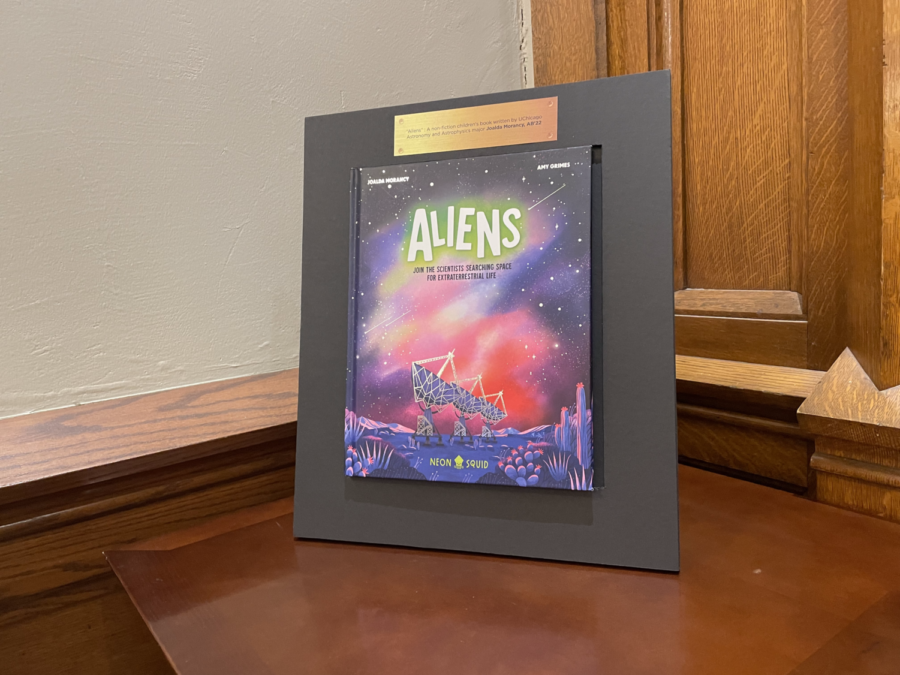
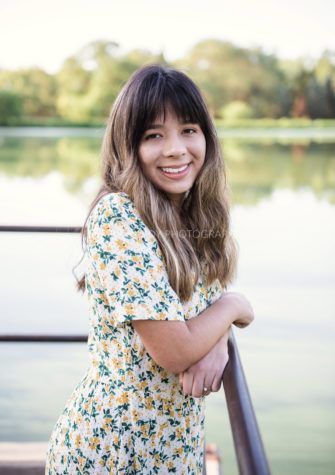
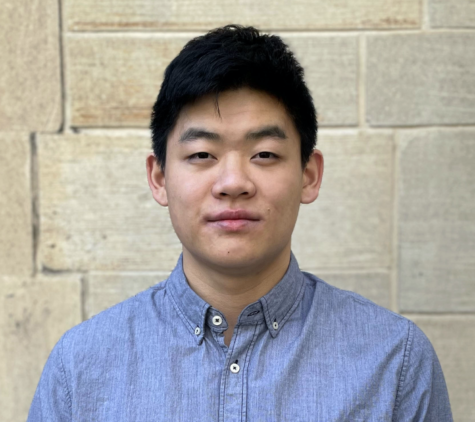






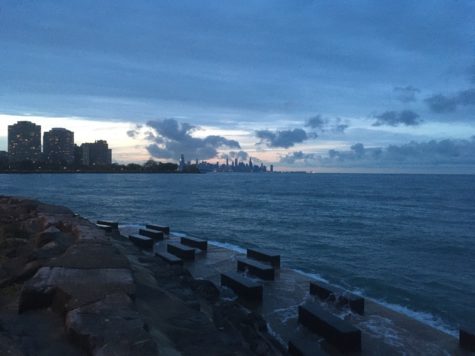

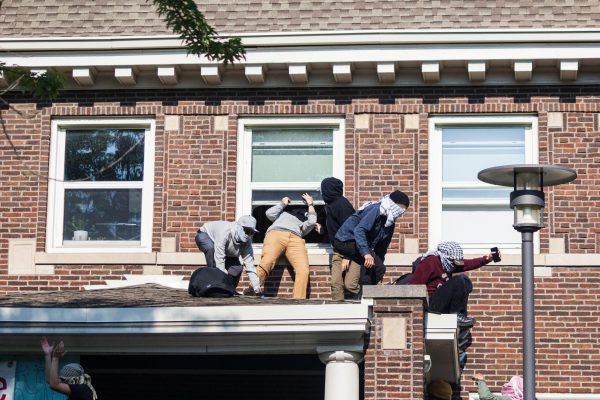

Yvrose / May 5, 2024 at 3:07 pm
May God continue to bless Joalda Morancy for her efforts and Iove her.